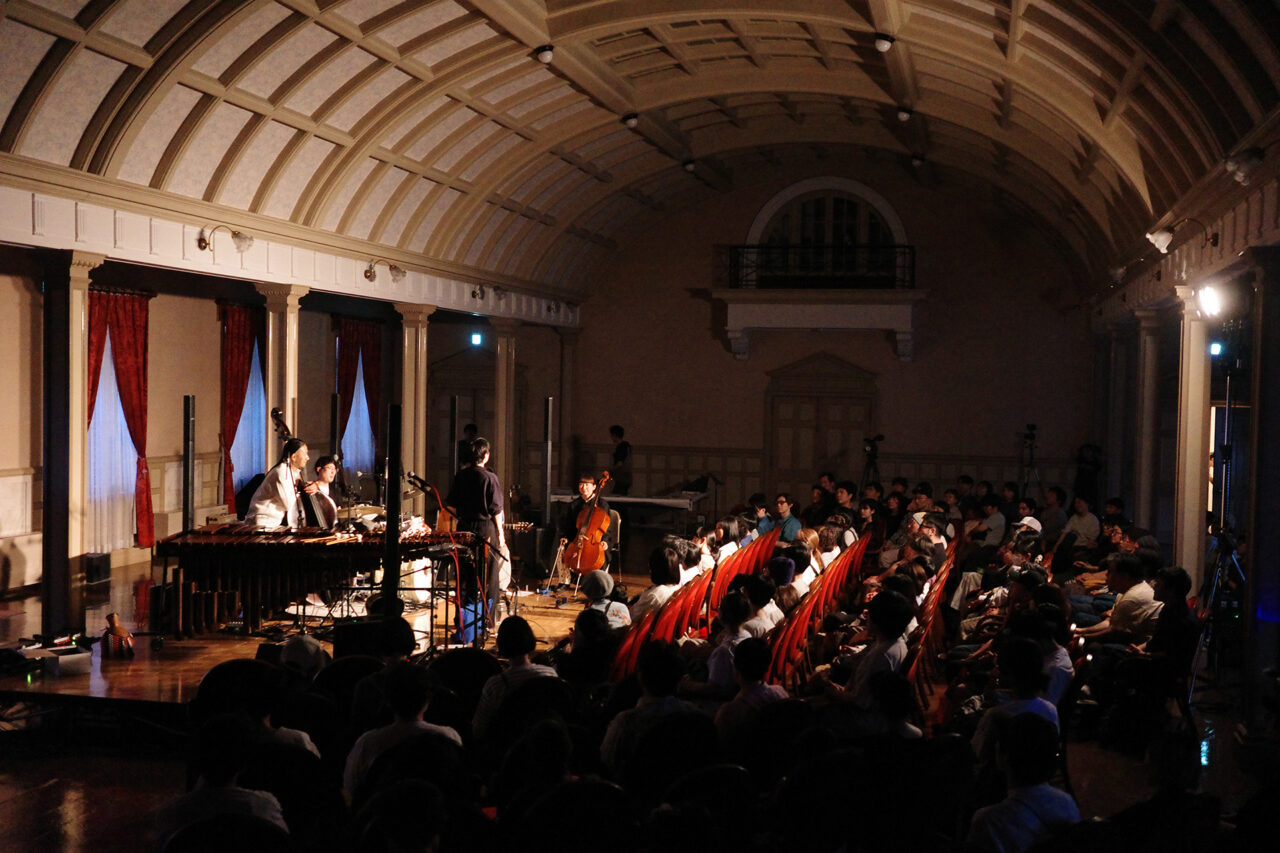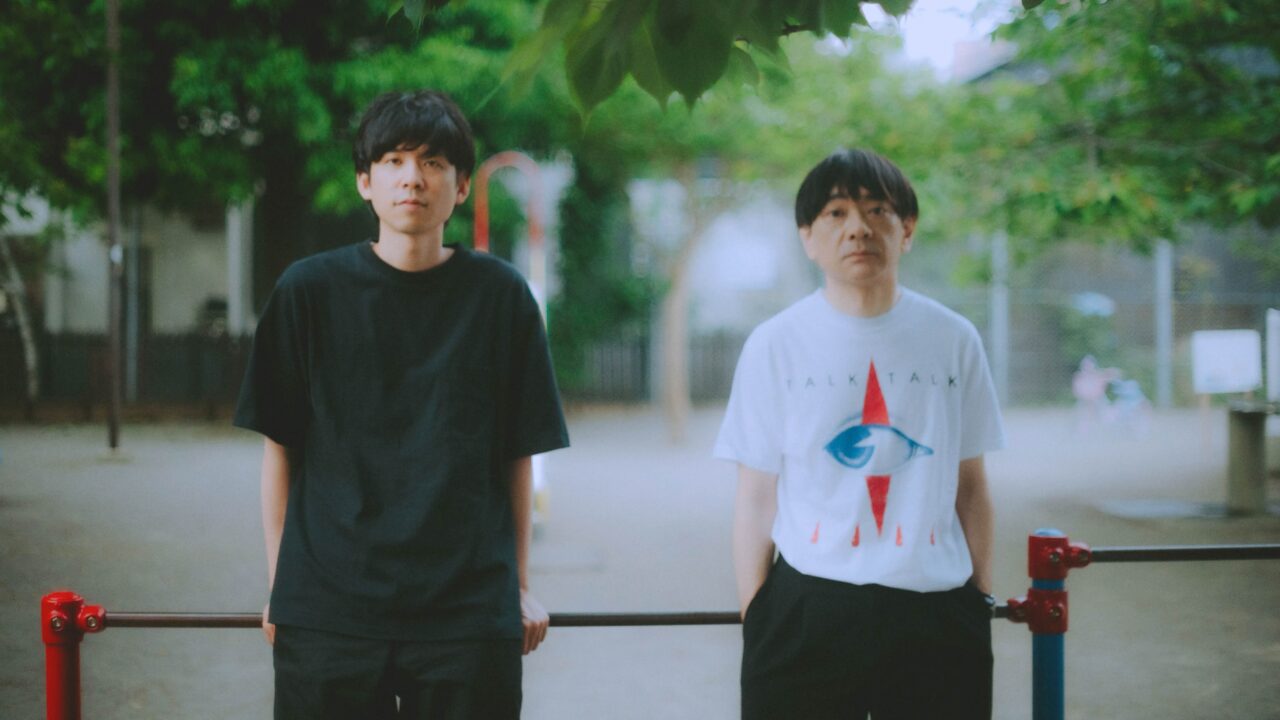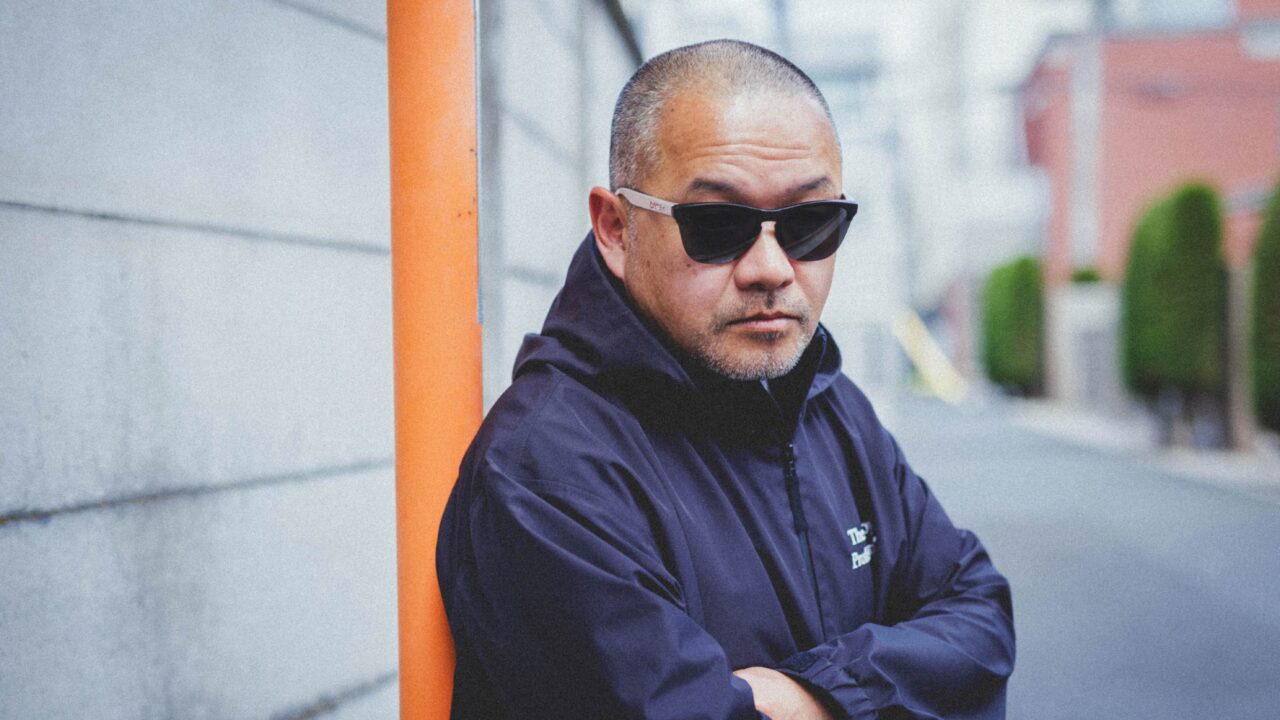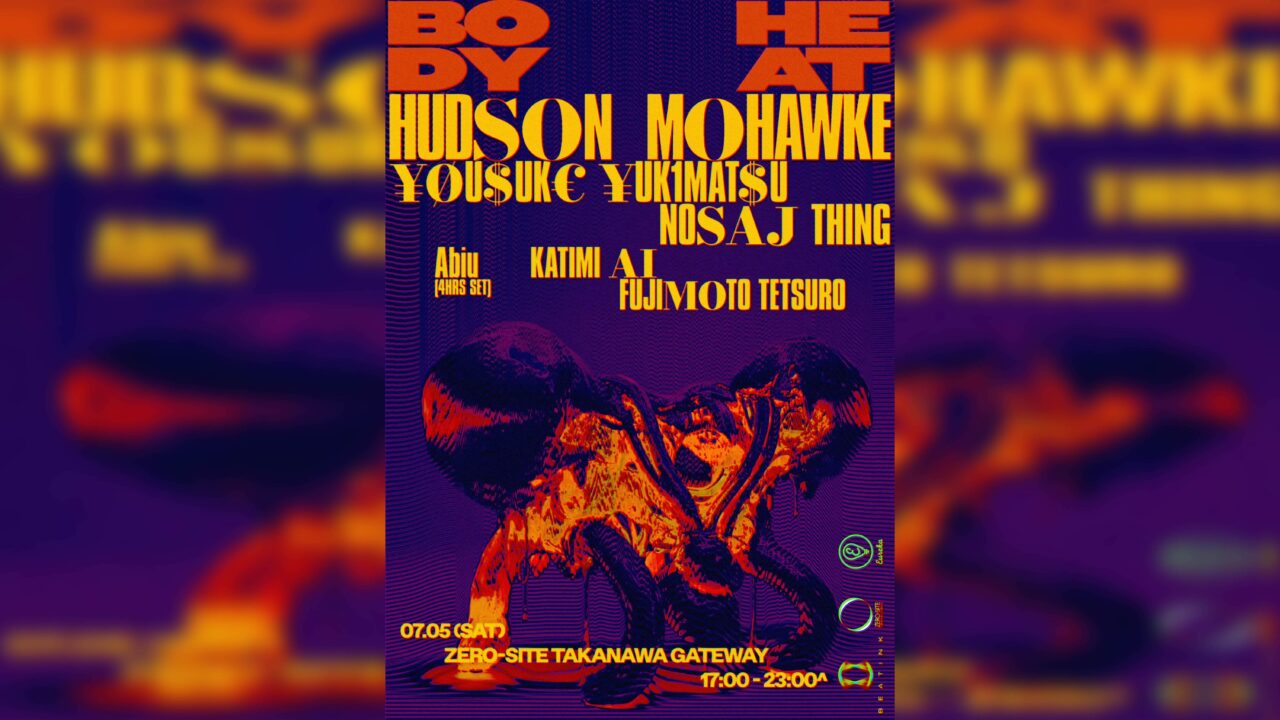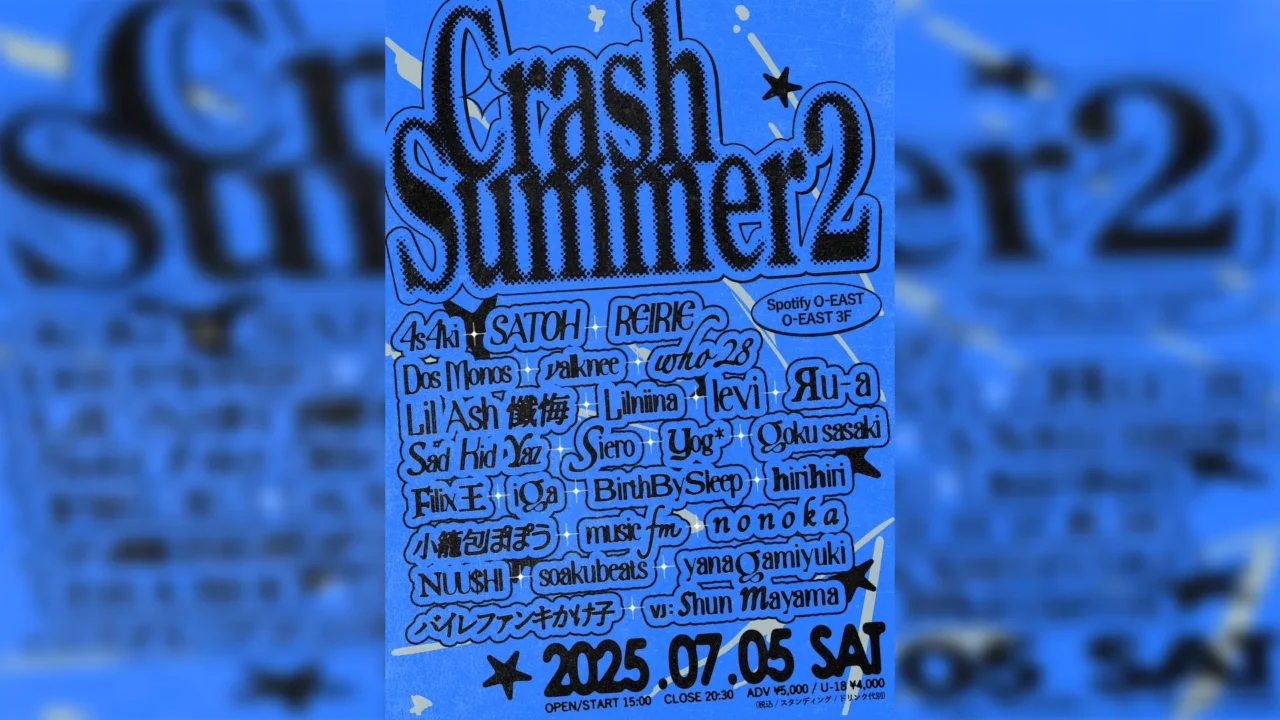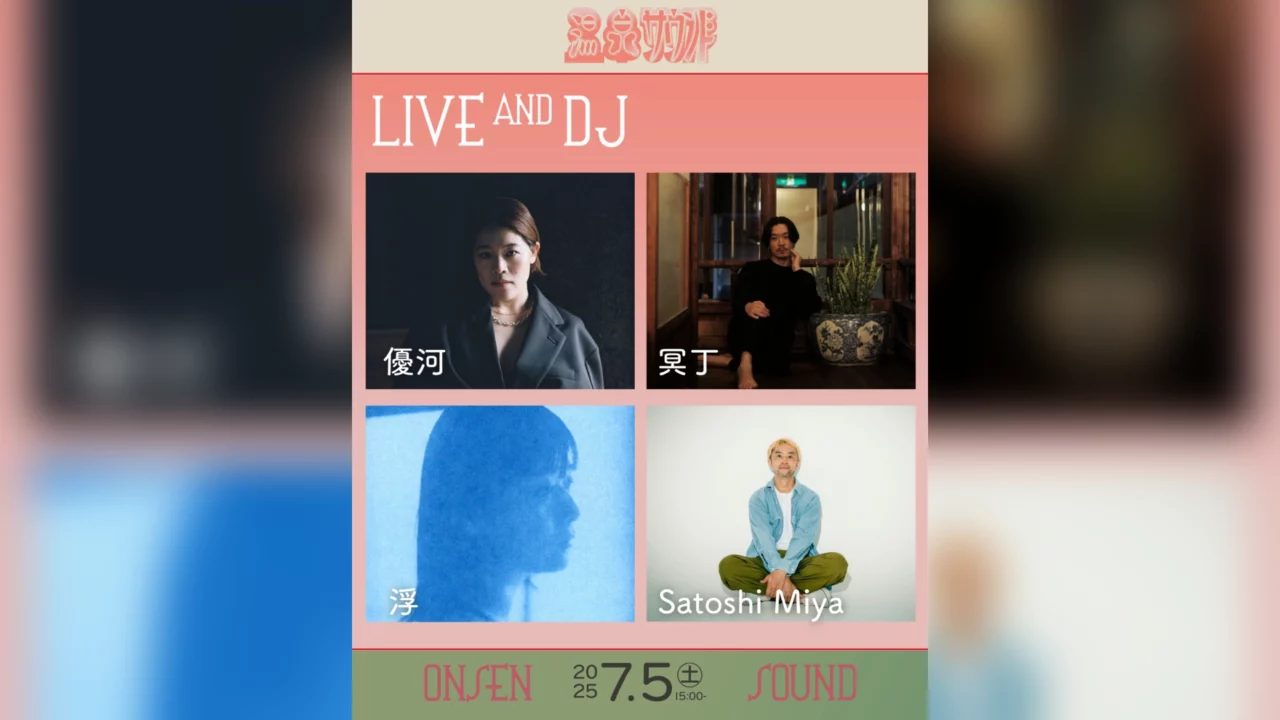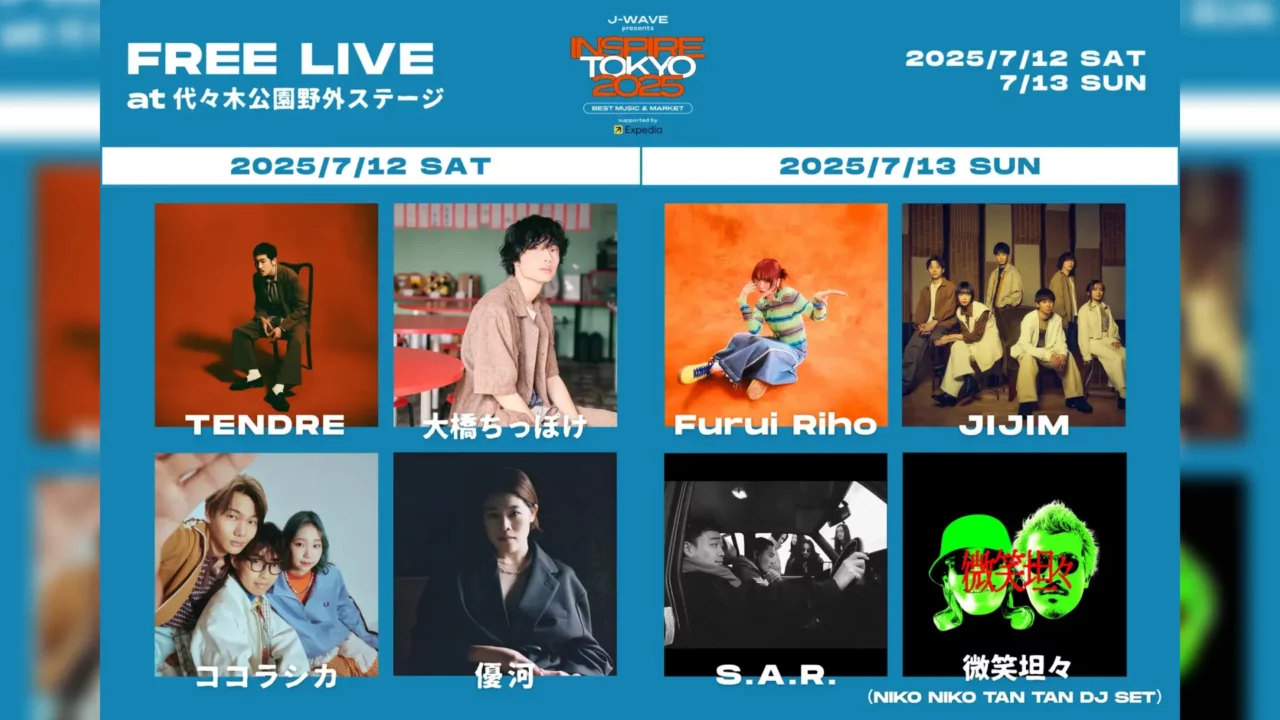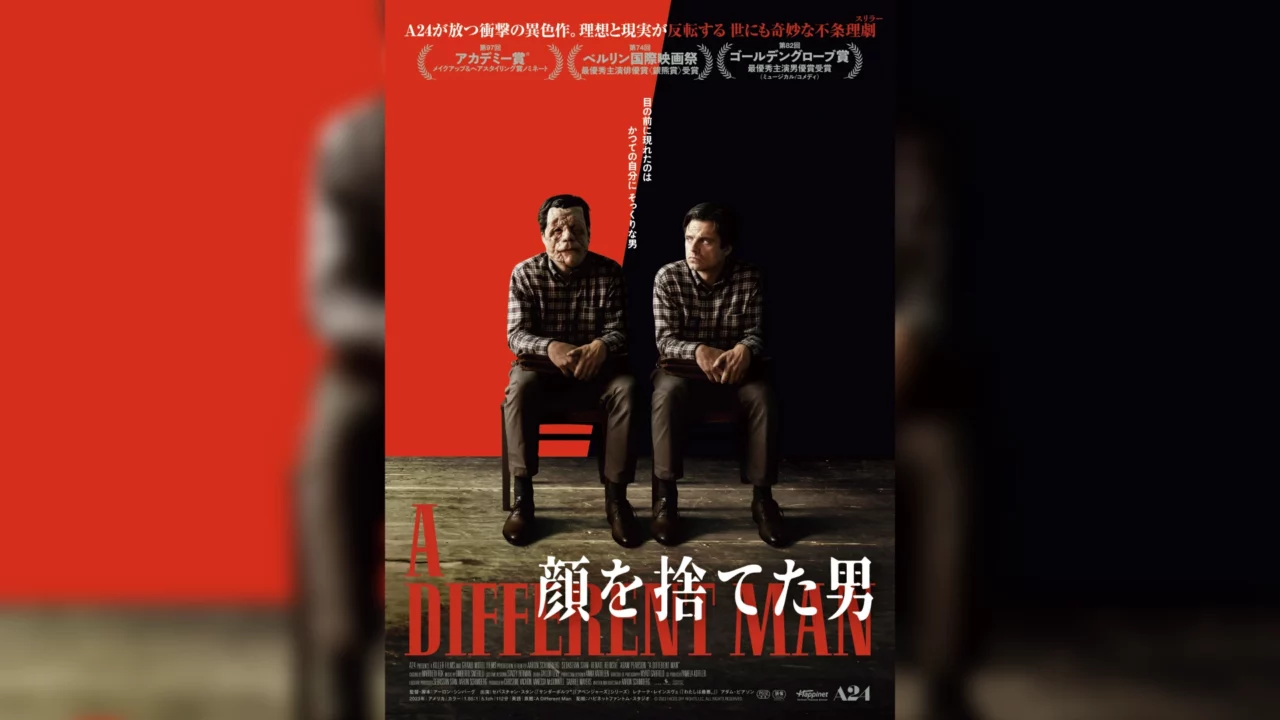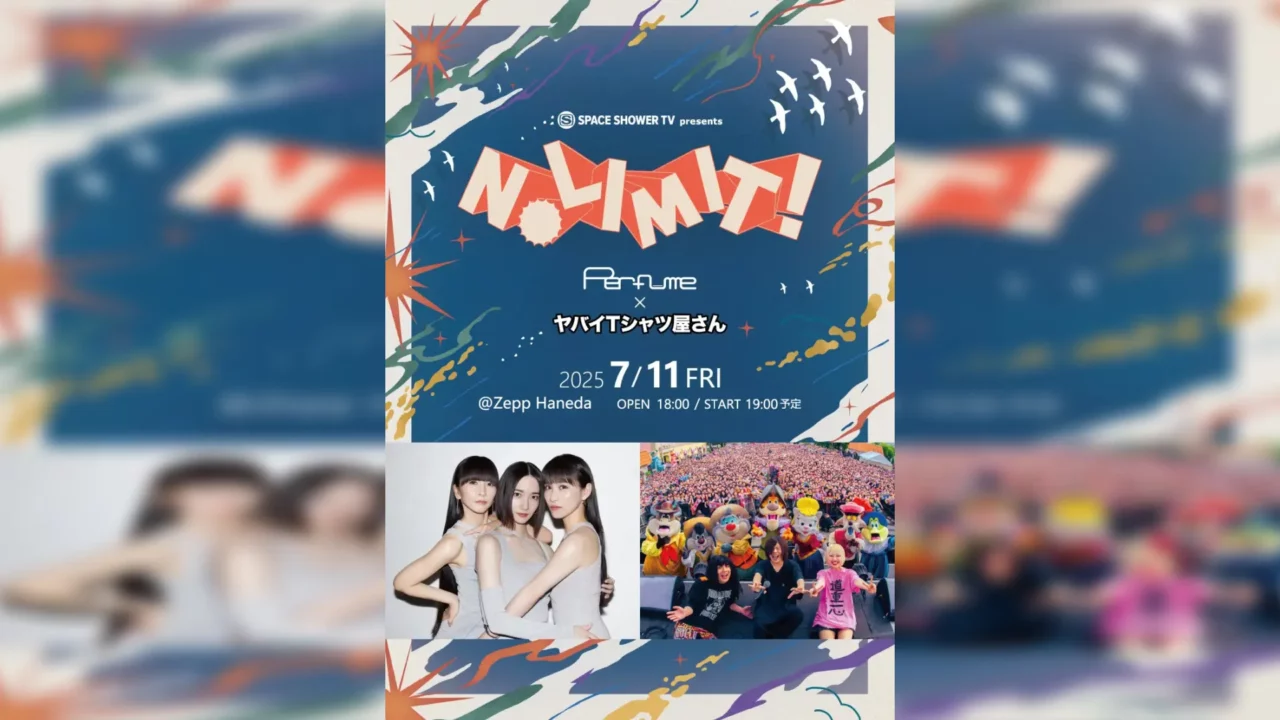A circle of friends connected by goof-touch! The “FIST BUMP” corner of the radio program “GRAND MARQUEE” features people who live and enjoy Tokyo in a relay format.
On April 24, Mr. Yohei Takayama, Chairman of Okuribanto Co. We asked Mr. Takayama, a professional salesman who is both a manager and author of books on sales, about the thoughts behind the curious company name and company motto, the unexpected meaning of “training” and “overtime,” and methods for immediate sales success.
INDEX
The company motto is “Never bother mom or the master at a bar.”
Celeina (MC): Let me introduce a brief profile of him. I am a Japanese business owner, a professional salesperson, and a professional drinker. She started her career in investment real estate sales and later joined Adways Inc. in the doldrums after the company went public. After returning to Japan, he became the president of a subsidiary company, Okuribanto, and is currently the chairman of the board. He is the author of “Throw Away Your Business Books, Let’s Go to Town: The Working Method of a Professional Salesman” and, more recently, DJ Marriage, specializing in world J-pop.
Takano (MC): Is that your official profile (haha)?
Takayama: Yes, it is.
Celeina: Even if it’s just a profile, it’s like reading fiction (haha).
Takano: You’re not just a guy.
Takayama: That’s not true (haha). I just happened to get in by accident when the company was listed on the stock exchange, at a time when I could get in somehow. I can’t get in now.
Takano: Mr. Takayama, you start with a fashion check, don’t you? You were dressed very stylishly. A felt hat, sunglasses, and a sweater.
Takayama: I made this knitwear for my own company.
Takano: It says “Okuribanto”. It’s a cute yellow knit.
Takayama: The year before last, we had a bit of a profitable time, so we thought, okay, let’s make one. We were the only ones wearing them, and they were for our employees.
Takano: And the necklace. What’s going on with this one? There are a lot of USB memory sticks hanging from it.

Takayama: This is a new type of necklace, but it’s an ethnic-style necklace with a USB memory stick. They all contain data.
Celeina: Is this so that you can DJ anytime, anywhere?
Takayama: Yes, that’s right. All the music data is included so that you can DJ anywhere.
Takano: I see. It’s not company data, is it?
Takayama: There is only one file that contains a company profile.
Takano: I see (haha).
Celeina: You definitely shouldn’t drop it (haha).
Takayama: It’s totally fine if you drop it. Even though I am a DJ, I specialize in “world J-pop,” which is a genre of music sung in Japanese by foreigners. When I drop a song, no one will say, “What’s this? I think.
Takano: (haha). My activities are a bit diverse.
Celeina: I have many questions. What is the hidden meaning behind the company name “Okuribanto”?
Takayama: We want to send our clients to the scoring area. We are a small PR company, so the main character is the client. If they are on first base, we send them to second base, and if they are on second base, we send them to third base.
Takano: It’s just an assist.
Takayama: That’s right. I leave the scoring to the customer.
Takano: Advertising, PR, branding, and so on. ……
Takayama: We are a jack-of-all-trades. From TV commercials to corporate Twitter, I do everything with the word “creative” in it.

Takano: I’m curious about the policies you have listed. What is this?
Takayama: It’s our company motto. “Don’t bother the owner or the owner of the bar. ” “If you order a big bowl of rice, don’t leave any leftovers.” “Always pay back the money you borrow, even if it is late.” “Never have an accident with a friend’s partner.” “No matter how much money I make, I will follow the Three Principles of Ohagi.”
Celeina: The three principles of Ohagi?
Takayama: “Do not be conceited, do not flaunt, and do not show off.” I think it’s the “Ohagi” of the “Three Principles”. No matter how much money we make, we don’t do it.
Takano: I want to join this company. It sounds like fun.
Takayama: That’s not true.
Takano: No, the atmosphere is different from others.
Celeina: That’s right. You usually say “Horenso” but you call it “Ohagi”.
Takayama: We all thought about what was important, and this is what we came up with. Other things are covered by the law, but this is the part that is not covered by the law.
Celeina: Certainly, it is important not only in the workplace, but also in human relations.
Takano: It means to be humble. I feel it is also connected to our company name.
Takayama: If you break this rule, you will be dismissed from the company on disciplinary grounds.
Takano: That’s harsh (haha).
Celeina: Are you okay (haha)?

Going to a noodle shop is “training” and drinking is “overtime”.
Takano: I heard that you, Mr. Takayama, are busy with overtime work and training every day, even though you are the chairman of Okuribanto.
Takayama: Recently, I have been devoting my lunch break to training as well. For example, during lunch breaks, we take a break to eat and go to a ramen shop or other places for training.
Celeina: So for you, going to a ramen shop is like training.
Takayama: Yes, it is. I call going to ramen shops “training”. I also call going out for a drink “overtime work”.
Takano: So going out drinking is overtime work (haha).
Celeina: I guess I understand, but I don’t know (haha). What do you mean?
Takayama: For example, let’s say you go to Ramen Jiro. The customers at Ramen Jiro are the ones who make the ramen. They are very polite. Everyone lines up quietly, makes sure not to bother the neighbors, puts down their food and wipes it up, and so on. It’s hard to find a business where the customers help out on their own.
Takano: I see…training for a good reason.
Celeina: That’s very deep.
Takayama: I was wondering if I could incorporate this into my business. As for overtime, I go out drinking 360 days out of 365 every day. Yesterday, I worked on my day off (drinking). There are so many different kinds of drinking. For example, I live in Nakano, and I often meet creators when I go out for drinks at bars in Nakano. When I make an advertisement, I meet the creators, and if we have been together for a number of years, we know what each other does, what each other is good at, and what kind of personalities each other has. So, by staying together for a very long time, we can become a “two-carrier” relationship. When we are creating something creative, we can say, “This is what I want to do,” and we don’t have to explain it in advance. We have been talking about it for a long time.
Celeina: It’s not like a “drinking communication,” but you get to know each other on a deeper level, and after years of working together, you have a job together.
Takayama: There are also long term relationships. For example, unlike your boss, subordinates, or business partners at work, you go to a bar alone where you have no vested interest, and it is difficult to get to know each other there. It requires a high level of communication.
Celeina: Because there is no connection, if you don’t establish proper communication on the spot, there is no next step, isn’t there?
Takayama: That is also part of the training for salespeople.
Takano: I’m also developing my skills at the bar. Takayama-san, I would like to play a song here. I asked you to choose a song that you would like everyone to listen to together on the radio at this time.
Takayama: I’m a DJ who’s always looking for songs sung in Japanese by foreigners, called “World J-Pop” as I mentioned earlier, and I’ve just written a song with a mysterious American, Mary Smith, DJ Mariage & Mary Smith, and a producer, Pro I’ve been looking for a song for a long time, and I’ve made a song with a mysterious American, Mary Smith.

〜The music plays…
How does a professional salesperson make a quick sale with seasonings?
Takano: I would like to ask Mr. Takayama, you mentioned in your profile that you are a “professional salesperson,” and I know some of you have started working in sales as new employees in April. Can you tell us about your sales skills and techniques?

Takayama: Sales is not something that can be done overnight, and it takes many years of work, but there is a method of sales that can have an immediate effect. First of all, please keep a lot of pepper, chili pepper, garlic, olive oil, and other flavor enhancers on your desk in the office. Leave them there, and during your lunch break or something, pour them on and change the flavor of your ramen, and people will come to borrow them.
Takano: I see, this is surprisingly neat. A communication tool.
Takayama: That’s right. There are people who run candy shops in their offices, aren’t there? They sell them. They sell them at cost, but if you want to change the flavor, you can do it for free. During lunch break, everyone who eats lunch comes to the bento shop for a taste change, whether it is their peers, seniors, executives, or the president. That’s when communication is born, I would say. So lending it to them is a big favor.
Takano: Isn’t this very good?
Takayama: You should also go to Matsuya or something like that. You know, they have a lot of flavor enhancers. When I think about why I like Matsuya so much, I think it is because they have so many seasonings. It is the result of the training.
Takano: You are properly aware of it. I think it’s really good to have something to start a conversation, so I think it can be applied in many ways.
Celeina: “FIST BUMP” is a circle of friends connected by “go-touch,” and you introduce your friends to us.
Takayama: There is a musician named GuruConnect, whom I love and respect, and for whom I have written almost all of the music for our commercials. Recently, he wrote music for an iPhone commercial. He is also my dad’s friend, and I would like to introduce someone who has been with me for about 10 years.
Takano: In a word, what kind of person is GuruConnect?
Takayama: “An incredibly gentle giant of a man”. He has an amazingly big body and makes music that you can’t really think about.
Takano: Thank you very much. I look forward to seeing you tomorrow, and I’ll connect you to GuruConnect.
Celeina: Today’s guest is Yohei Takayama, chairman of Okuribant Co. Thank you very much.
Takayama: Thank you very much.
GRAND MARQUEE

J-WAVE (81.3FM) Mon-Thu 16:00 – 18:50
Navigator: Shinya Takano, Celeina Ann



